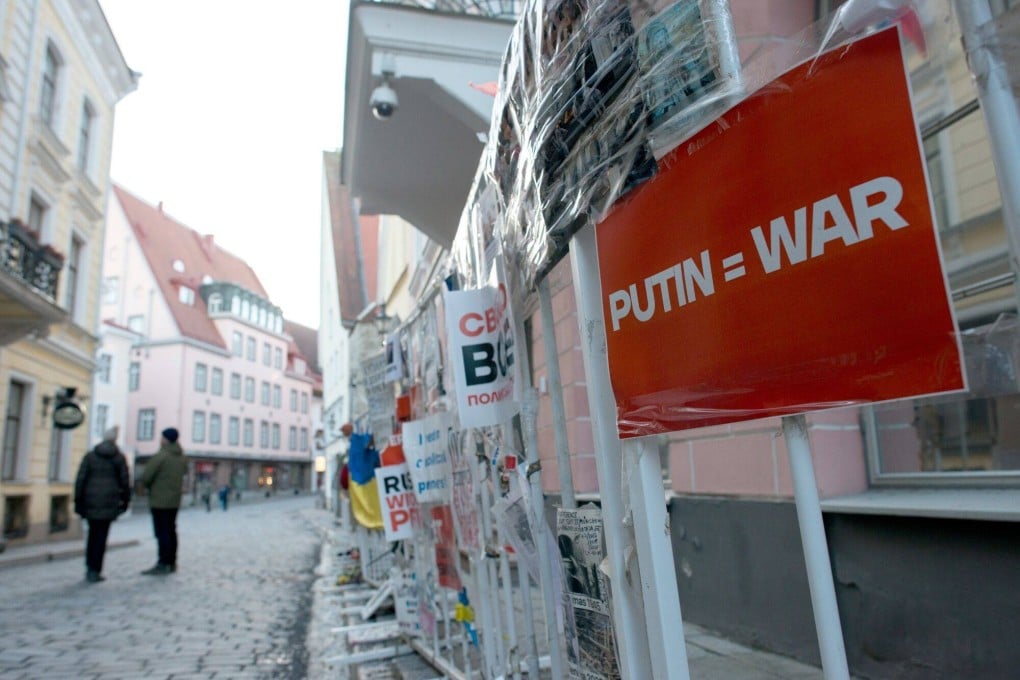Opinion | A stronger Europe should not be built on fear of Russia
- Nato wants to ramp up its munitions production and its European members are also keen to develop self-reliance amid US preoccupation with other concerns. But using Russia as a bogeyman is disingenuous

The geopolitical landscape has changed significantly since the meeting of Nato defence ministers in October 2023. With global attention and military aid shifting towards the conflict in the Middle East, Ukraine has arguably lost its priority status in the eyes of the Western world.
Nato’s attempts to isolate Russia through sanctions have failed to bring a just resolution to the war. Last October, the International Monetary Fund lowered its gross domestic product forecast for Russia to 1.1 per cent but its most recent forecast, announced in the days leading up to the Nato defence ministers’ meeting in Brussels on February 15, predicted GDP growth of 2.6 per cent, the largest upgrade for any country featured in the World Economic Outlook.
This economic resilience now poses a more significant threat to Ukraine’s chances of recovering its lost territory as Russian President Vladimir Putin can fund his war chest, prolonging the conflict and testing Western capitals’ commitment to Kyiv.
However, Nato’s war drums continue to sound, with Secretary General Jens Stoltenberg stating in an interview with a German newspaper on February 10 that the confrontation with Russia “could last decades” and that “if Putin wins in Ukraine, there is no guarantee that Russian aggression will not spread to other countries”.
Although Stoltenberg has said no imminent threat exists against Nato and that Nato does not seek war with Russia, it has strengthened its presence in the east and is ramping up munition production.
Further, Denmark’s defence minister warned on February 9 that Russia could attack a Nato member in three to five years, while the German defence minister said in January that Russia could attack a Nato member in five to eight years.
